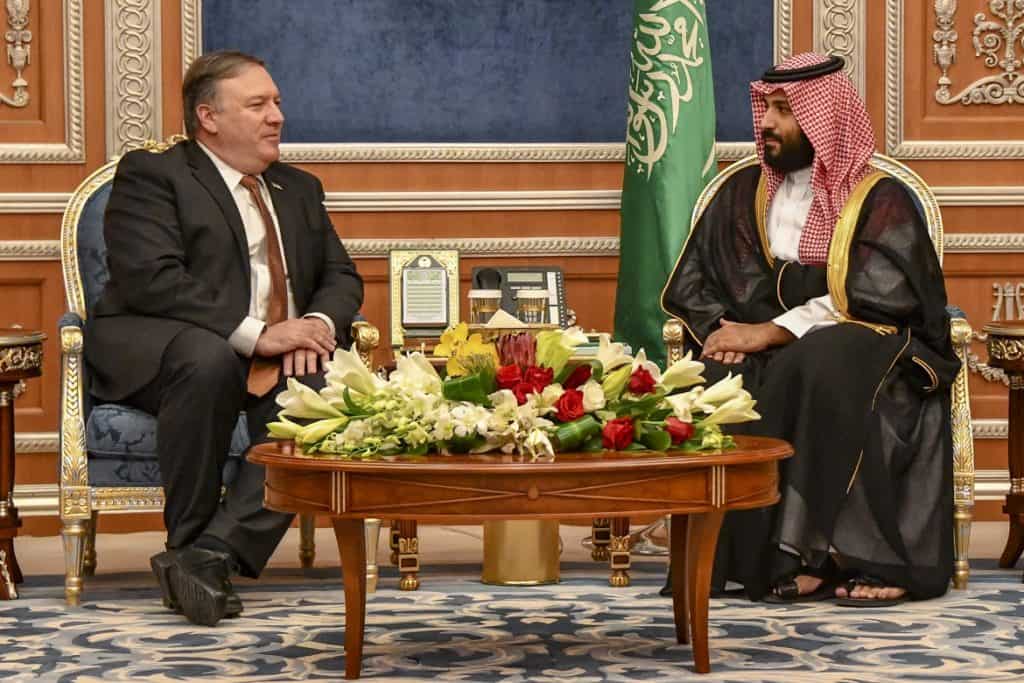By Denis Korkodinov
US sanctions against Iran can help Saudi Arabia to become a major exporter of natural gas. The Middle East crisis opens an opportunity for Riyadh to improve its economy.
Huge hopes for increasing US pressure on Tehran are pinned by Saudi oil company Aramco, which seeks to become a major trader in the gas market, covering all producers around the world and developing its own fields. As the start of such a policy, Aramco representatives met with the Pakistani leadership in order to work out a set of measures to eliminate the energy deficit in Islamabad.
The leaders of the oil campaign made it clear that, amid the aggravation of the US-Iranian crisis, Saudi Arabia was opening its gas valve for international investment. Among other things, the Minister of Energy of the Kingdom, Khalid al-Falih, officially announced that Riyadh plans in the short term to begin construction of a pipeline for natural gas, which will connect most of the Gulf countries to each other.
For obvious reasons, the Saudis exclude Doha and Tehran from their plans, relations with which remain rather tense. In addition, Riyadh reasonably fears competition, while Qatar and Iran are currently the world’s leading natural gas producers, and if they are excluded from the construction plan, Saudi Arabia can claim a monopoly position.
Riyadh’s ambitions are likely to affect the Ayatollah regime. So, the Saudis can purposefully contribute to increasing the pressure on Tehran. In this case, apparently, the interests of Washington are playing a secondary role. Saudi Arabia is more determined and a small war with Iran can hardly arrange it if it does not lead to a complete loss of leadership in the global natural gas market.
In addition, the loss of Iranian leadership could allow the Saudis to gain control of the port of Chabahar, located near the port of Gwadar in Pakistan’s Balochistan. Due to this, Riyadh could put pressure not only on India and China, which have a special interest in the development of these seaports, but also on Pakistan by strengthening the separatist sentiments of the Balochi tribe.
Thus, in the medium term, Saudi Arabia intends to attract at least $ 150 billion to the national gas industry by 2030. At least, this forecast is followed by Aramco CEO Amin Nasser, who expects to increase gas production by almost 2 times over 10 years, from 14 billion cubic feet to 23 billion.
It should be noted that Riyadh regards Russia as a priority area of cooperation. So, the Saudis are showing great interest in developing, in cooperation with Moscow, gas fields in the Arctic. To this end, Aramco is ready to buy a 30% stake in the Russian commercial project Novatek Arctic LNG. And, apparently, the United States will favour the fact that one of the monarchies of the Persian Gulf will rapidly create a gas monopoly. However, Moscow will also not criticize the ambitions of the Saudis, who are seeking to strengthen their positions by weakening Iran.
(The opinions expressed in this article are solely those of the author and do not necessarily reflect the views of World Geostrategic Insights)
Image Credit: Flickr







